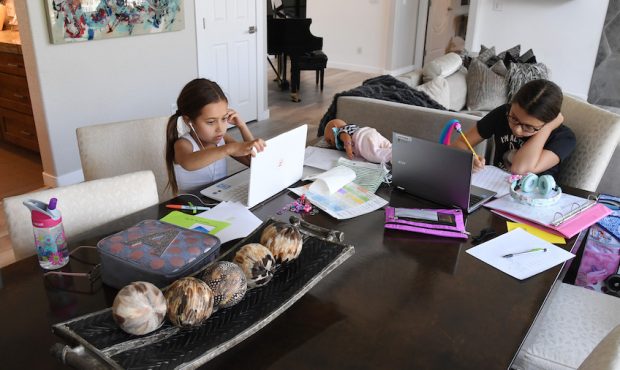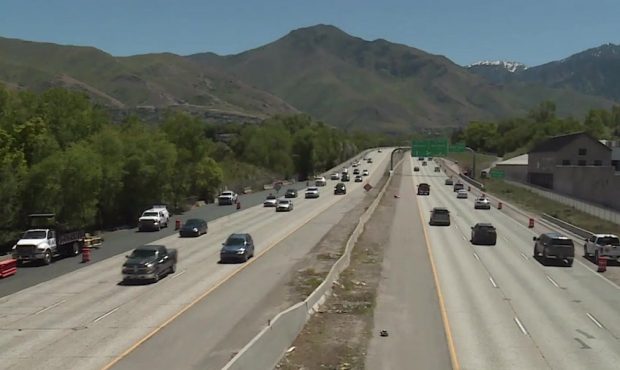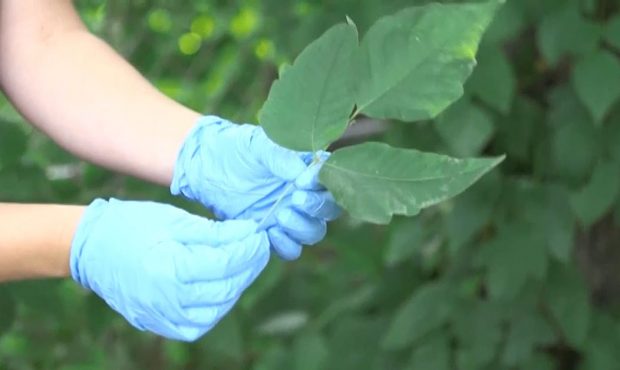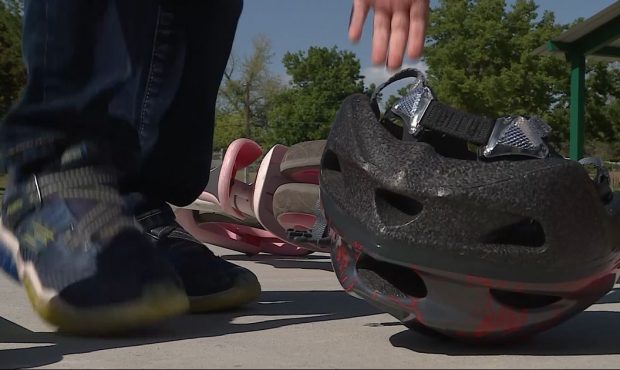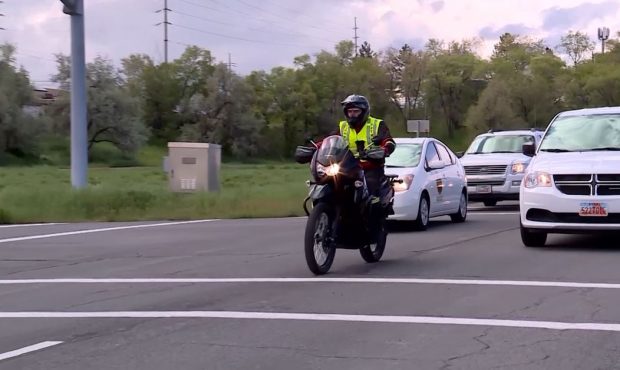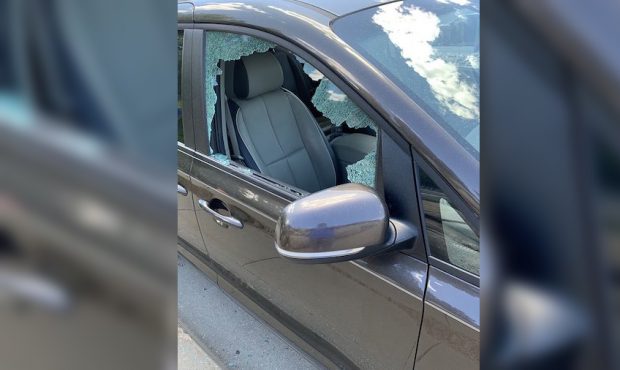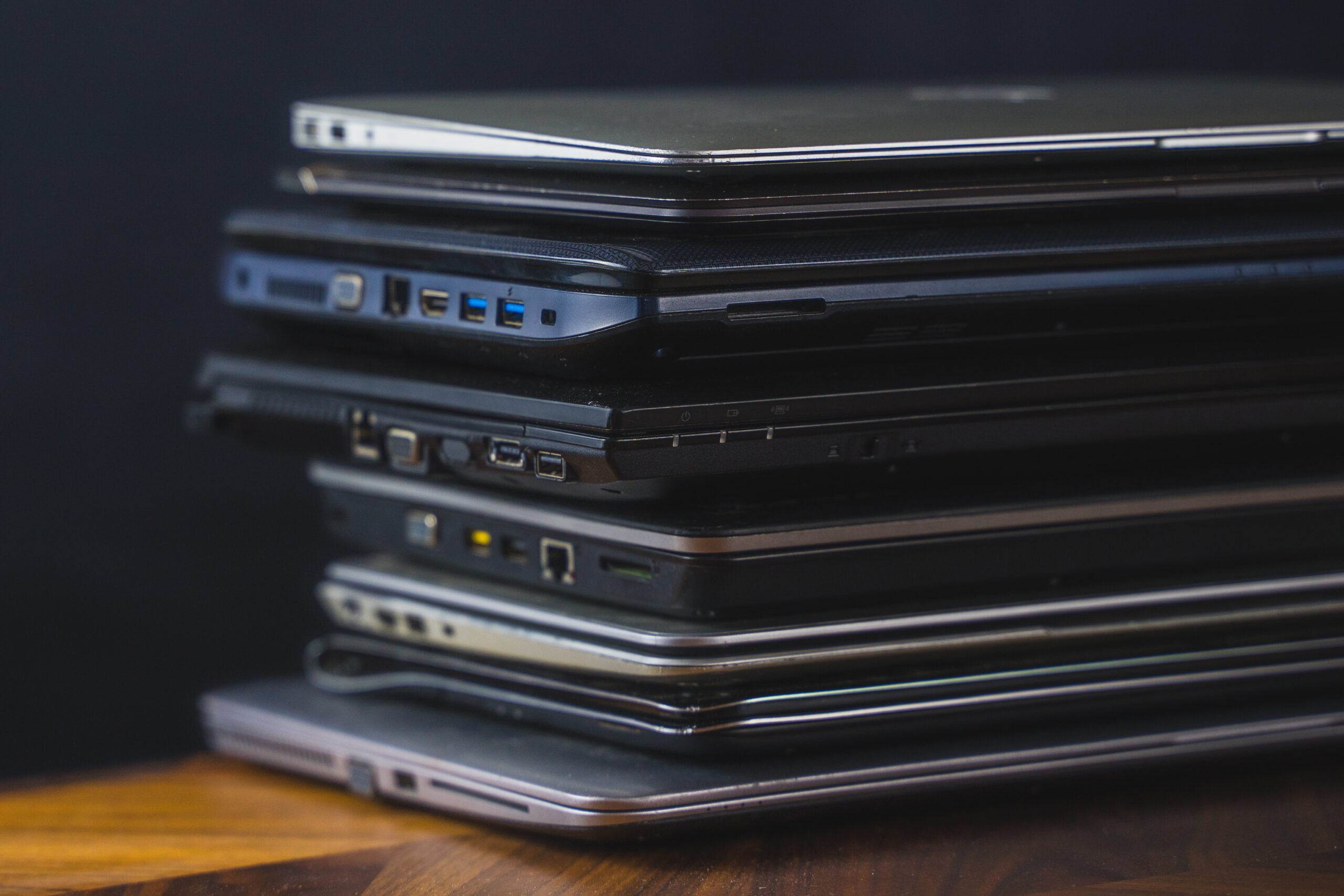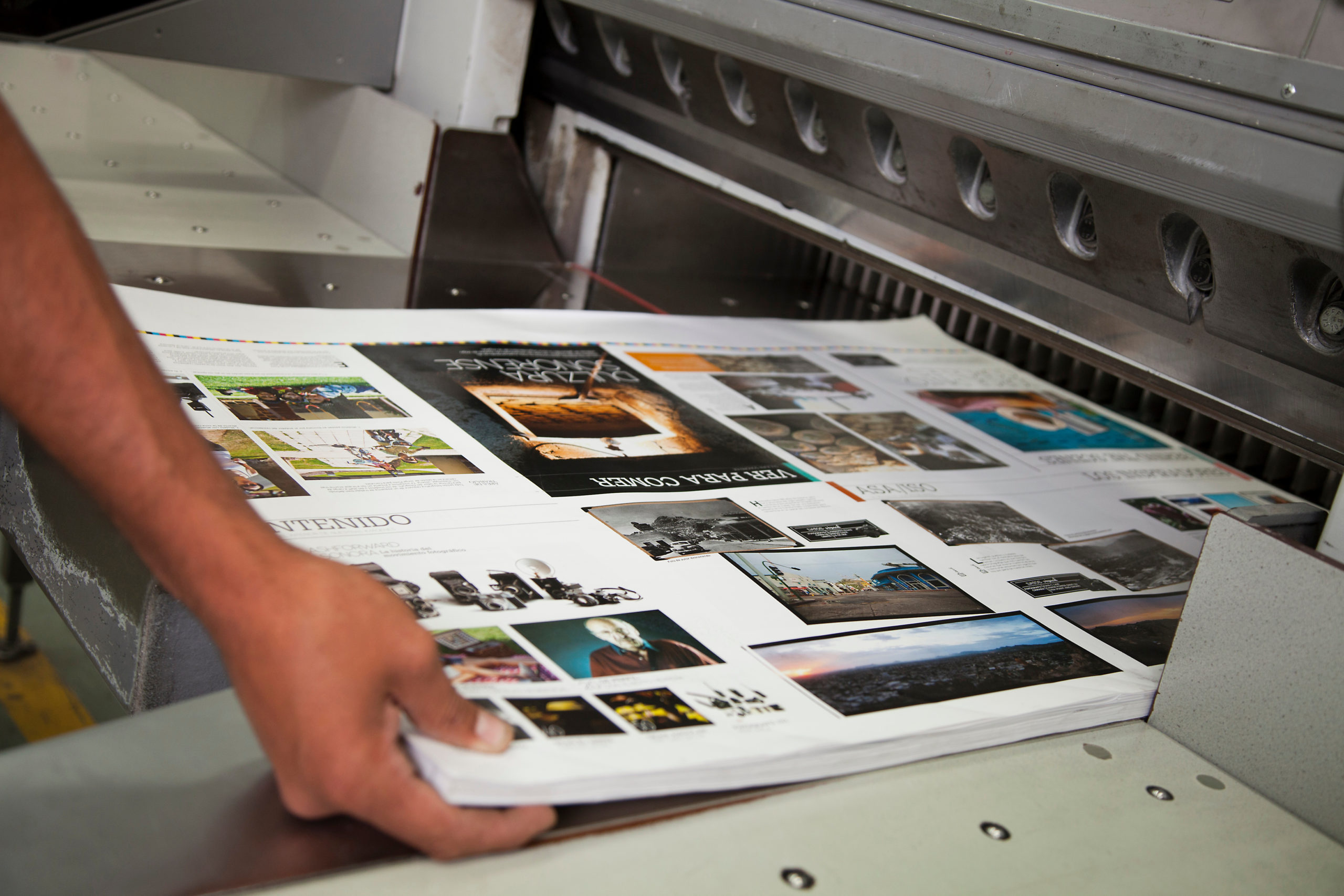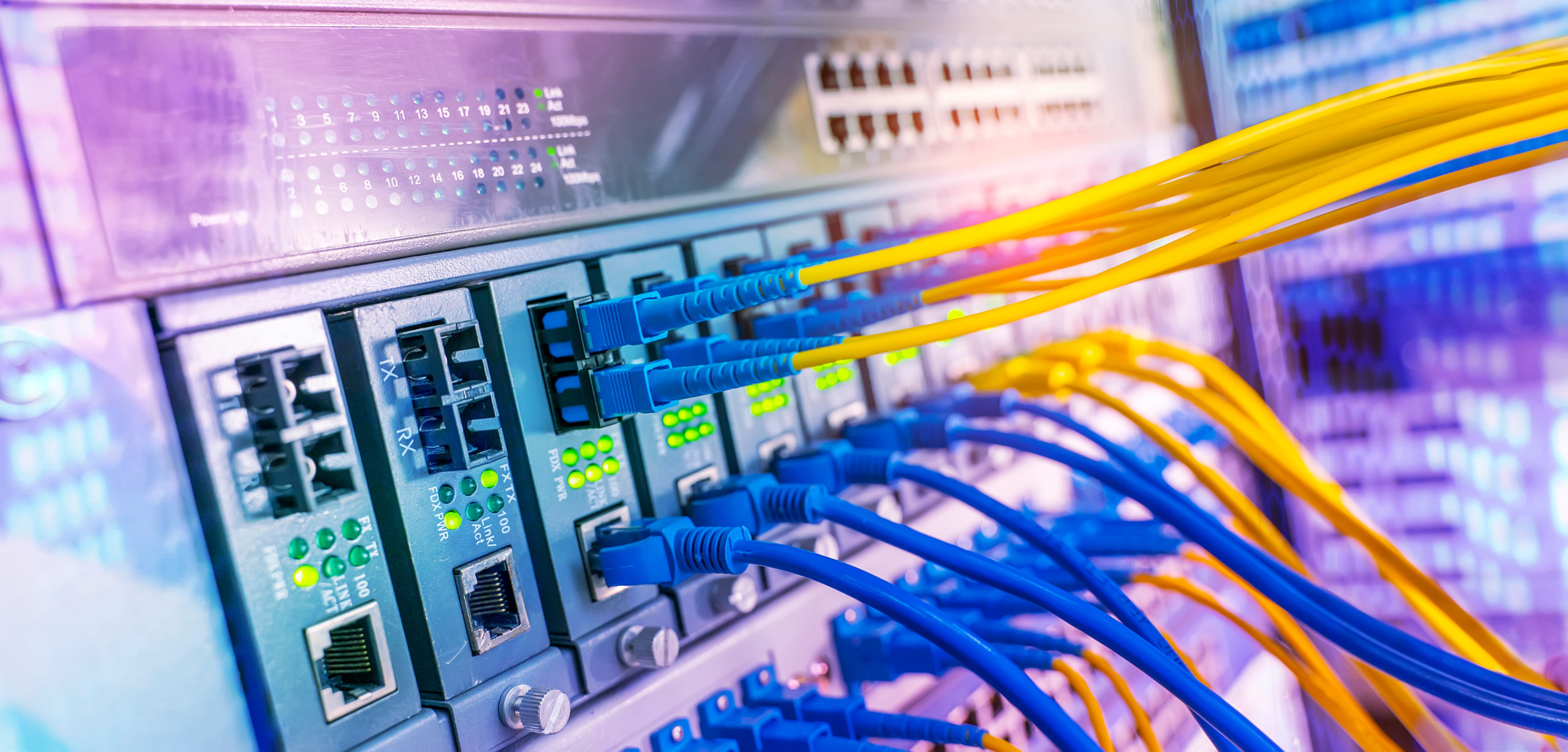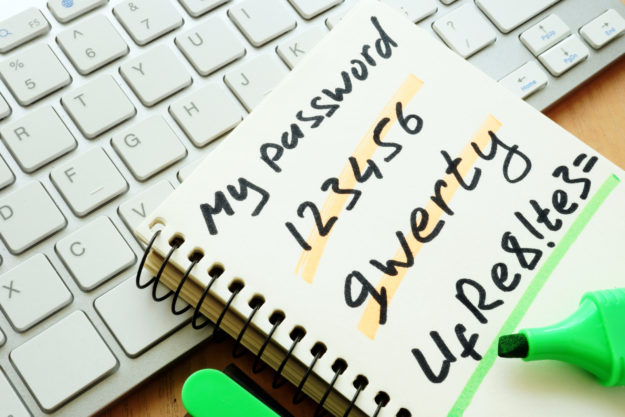SAFE IN 60
Safe In 60: When Should You Call 911?
Jan 18, 2021, 5:00 AM | Updated: 6:43 am
SALT LAKE CITY, Utah – If you have ever had to call 911 because of an emergency, then you know how important it is to have someone pick up that call quickly. But many public safety answering points report 15-20% of incoming 911 calls are not emergencies.
Dispatch centers receive hundreds of police, fire and medical calls each day. Not all are emergencies, but the center processes them all.
Each call is categorized by whether it’s received on 911 or the non-emergency line.
Of course, dispatchers handle the 911 calls first, so it’s important to use 911 only when necessary. Not doing so can cost valuable time to someone who needs immediate help.
When to call 911:
- To stop a crime: This can be a crime in progress, a serious crime that has just occurred or suspicious activity involving imminent danger.
- To report a fire: Fires can spread quickly, so always consider them an emergency.
- To save a life: Call 911 for medical emergencies such as respiratory distress, unconsciousness, heavy bleeding, drowning, choking, severe burns, allergic reactions, poisoning or drug overdose. Also call if there’s a traffic accident with injuries.
Have your local police department phone number available so that if you have a matter that doesn’t require immediate attention, you can access it quickly.
If you accidentally call 911, don’t hang up. If you do, police are required to respond. Stay on the line and talk to the dispatcher so they can cancel the response.

